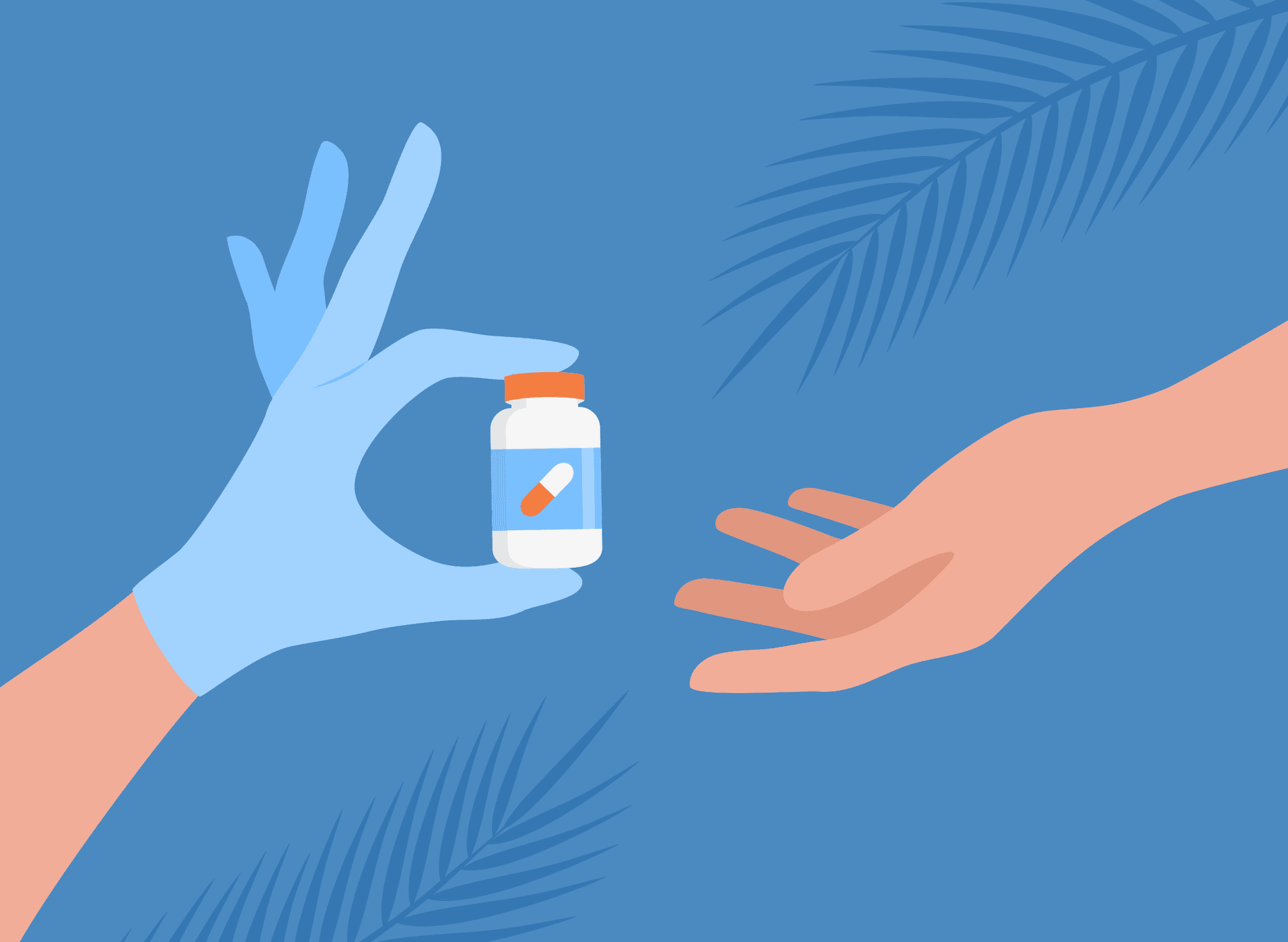Parasitic infections are a widespread health concern, particularly in tropical and subtropical regions. Parasites are organisms that live in or on a host and derive nourishment at the host’s expense. They can cause a variety of illnesses ranging from mild gastrointestinal discomfort to severe systemic complications. Understanding the most common sources of parasitic infections is crucial for prevention, diagnosis, and treatment. One of the effective medications widely used to treat parasitic infections is Iverheal, a trusted antiparasitic medicine that offers relief from several worm-related and skin-related conditions.
In this article, we will explore the sources of parasitic infections, the health risks involved, and buy ivermectin online helps manage and eliminate these infections effectively.
Understanding Parasitic Infections
Parasitic infections are caused by three major classes of parasites:
-
Protozoa – microscopic single-celled organisms (e.g., Giardia, Plasmodium).
-
Helminths – large multicellular worms (e.g., roundworms, tapeworms, hookworms).
-
Ectoparasites – parasites that live on the skin (e.g., lice, mites, ticks).
These parasites enter the human body through various sources, multiply, and feed on nutrients, often weakening the host’s immune system.
The Most Common Sources of Parasitic Infections
1. Contaminated Water
Unsafe drinking water is one of the primary sources of parasitic infections worldwide. Parasites such as Giardia lamblia, Entamoeba histolytica, and Cryptosporidium are commonly found in contaminated lakes, rivers, and untreated tap water. People who consume or come into contact with such water may experience diarrhea, stomach cramps, bloating, and dehydration.
2. Contaminated Food
Poorly cooked meat, unwashed vegetables, or food prepared in unhygienic conditions are another significant source. Tapeworms, roundworms, and Toxoplasma gondii are parasites often transmitted through undercooked pork, beef, or lamb. Consuming raw or undercooked fish can also lead to parasitic infections like anisakiasis.
3. Soil and Poor Sanitation
Soil contaminated with human or animal feces is a hotspot for helminth infections. Walking barefoot on infected soil may allow hookworm larvae to penetrate the skin. Inadequate sanitation, lack of clean toilets, and open defecation increase the spread of parasitic worms.
4. Insect Bites
Certain parasites spread through insect vectors such as mosquitoes, flies, and ticks. For example:
-
Mosquitoes spread malaria-causing Plasmodium.
-
Sandflies transmit Leishmania parasites.
-
Tsetse flies carry Trypanosoma, which causes sleeping sickness.
5. Close Contact and Poor Hygiene
Skin parasites like scabies mites and lice spread through direct contact with an infected person or shared belongings such as clothing, bedding, and towels. Crowded living conditions, poor hygiene, and lack of regular cleaning increase the risk of infection.
6. Animal Transmission
Pets and livestock can also be carriers of parasites. For instance, dogs and cats may carry roundworms, hookworms, or fleas, which can infect humans through accidental ingestion or direct contact.
Health Risks Associated with Parasitic Infections
Parasitic ivermectin 6 mg tablet dose, if left untreated, can cause serious health complications, including:
-
Digestive issues: Persistent diarrhea, abdominal pain, and malnutrition.
-
Skin conditions: Itching, rashes, sores, and secondary bacterial infections.
-
Neurological symptoms: Some parasites, like Toxoplasma, may affect the brain.
-
Anemia and fatigue: Blood-feeding parasites such as hookworms drain iron and nutrients, leading to weakness.
-
Compromised immunity: Chronic parasitic infections weaken overall resistance to other diseases.
Role of Iverheal in Treating Parasitic Infections
Iverheal is an effective antiparasitic medication that contains Ivermectin as its active ingredient. It is widely prescribed for managing a range of parasitic infections, particularly intestinal worms and skin infestations.
Conditions Treated by Iverheal:
-
Intestinal Worms – Strongyloidiasis, Ascariasis, and other roundworm infections.
-
Scabies – A skin infestation caused by mites, leading to intense itching and rashes.
-
Onchocerciasis (River Blindness) – Parasitic disease caused by Onchocerca volvulus transmitted by blackflies.
-
Lice Infestations – Helps eliminate lice and their eggs effectively.
How Iverheal Works
Iverheal works by paralyzing and killing parasites. It binds to the nerve and muscle cells of parasites, increasing the permeability of cell membranes to chloride ions. This disrupts their normal functioning, eventually leading to paralysis and death. Importantly, Iverheal is selective for parasites and does not harm human cells at prescribed doses.
Benefits of Using Iverheal
-
Broad-spectrum effectiveness against intestinal and skin parasites.
-
Fast relief from symptoms like itching, stomach pain, and skin irritation.
-
Improves quality of life by eliminating parasites and restoring energy.
-
Convenient dosage – usually prescribed as a single or limited course.
-
Trusted safety record when taken under medical supervision.
Dosage and Usage of Iverheal
The dosage of Iverheal depends on the type of parasitic infection, the patient’s age, and body weight. Doctors usually prescribe:
-
Single-dose treatment for many worm infections.
-
Repetitive dosing for conditions like scabies or onchocerciasis.
It should be taken with a full glass of water, preferably on an empty stomach, for best absorption. Patients must follow the prescribed course and not skip doses to ensure complete elimination of parasites.
Possible Side Effects of Iverheal
While generally well tolerated, some individuals may experience:
-
Mild nausea or dizziness
-
Stomach upset
-
Headache
-
Skin rash or itching
Severe side effects are rare but should be reported to a doctor immediately.
Preventing Parasitic Infections
Along with taking medications like Iverheal, prevention plays a key role. Some essential steps include:
-
Drinking clean, filtered, or boiled water.
-
Cooking meat and fish thoroughly.
-
Washing fruits and vegetables before consumption.
-
Practicing good hand hygiene.
-
Wearing footwear to avoid contact with contaminated soil.
-
Maintaining cleanliness in living environments.
-
Treating pets regularly for worms and fleas.
Conclusion
The most common sources of parasitic infections include contaminated water, food, soil, insect bites, poor hygiene, and animal contact. These infections can significantly affect health, leading to digestive issues, skin problems, anemia, and more. However, with effective treatment options like Iverheal, managing and eliminating parasites has become much easier.

